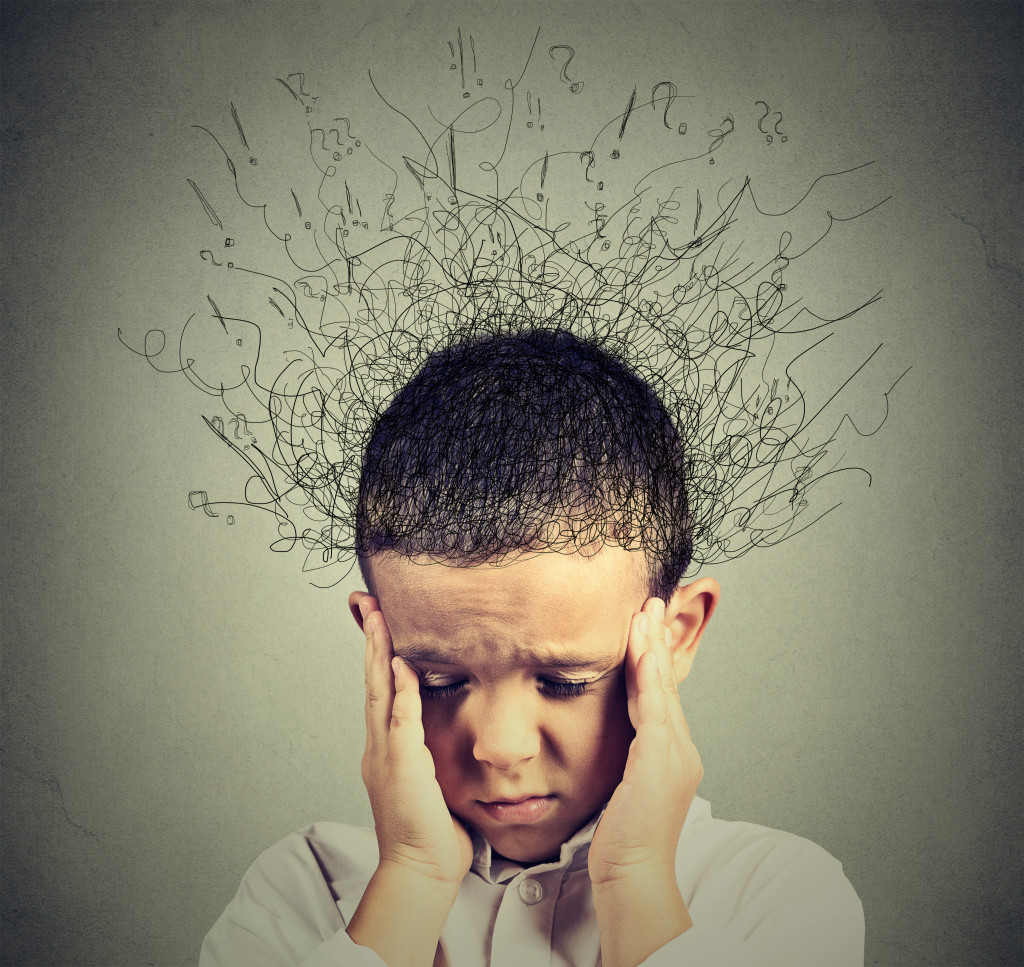Attention Deficit Hyperactivity Disorder, or ADHD, is a mental disorder that manifests as a pattern of inattention and impulsivity among children. ADHD symptoms typically appear early in life, often before age seven, and can persist into adulthood. While it is possible to outgrow some symptoms, others may continue to cause difficulties throughout one’s lifetime. It affects about 9% of children in the United States and their lives in various ways. Here’s everything you need to know about it.
What Causes ADHD?
The precise cause of ADHD is not known, though it is believed to involve a combination of genetic and environmental factors. However, researchers have identified several areas of the brain that appear to be affected in people with ADHD, including the prefrontal cortex and basal ganglia. These areas are responsible for executive functions such as planning, organization, and self-control.
ADHD can also run in families, so it is believed that genetics may play a role.
Environmental factors, such as exposure to lead or other toxins, may also contribute to the development of ADHD. In addition, brain injury, certain infections, and prenatal exposure to alcohol or tobacco are also associated with an increased risk of developing ADHD.
What Are the Symptoms of ADHD?
Symptoms of ADHD fall into two broad categories: inattention and hyperactivity/impulsivity. People with ADHD may have trouble sustaining attention, be easily distracted, lose things necessary for tasks or activities, or forget important information.
They may also have difficulty following instructions, completing tasks, or keeping track of time. And they may move about excessively or have trouble remaining seated when required to do so. People and children with ADHD may also be impulsive and act without thinking about the consequences of their actions or speak without thinking about what they are saying. As a result, they may say or do inappropriate things in the situation. They may also have difficulty waiting or taking turns in games or activities. And they may interrupt others when they are talking.
How Is ADHD Diagnosed?
Diagnosis is based on a comprehensive evaluation conducted by a team of professionals, including a pediatrician, psychologist, psychiatrist, or neurologist with expertise in diagnosing and treating childhood mental disorders. All of these professionals can be found in your local pediatric medical center. The evaluation usually includes a clinical interview with the child’s parents or guardians and direct observation of the child’s behavior. School records and teacher information may also be reviewed as part of the evaluation process. A diagnosis of ADHD is made if symptoms are present in more than one setting (e.g., at home and school) and if they interfere with functioning in more than one area (e.g., academic performance and social skills).

Treatment For ADHD
Although ADHD is prevalent among children in the country, it can be treated. Here are four of the treatments for ADHD.
Medication
Stimulant medications are the most commonly prescribed type of medication for ADHD. These medications help to improve focus and concentration. Commonly prescribed stimulant medications include methylphenidate (Ritalin) and amphetamines (Adderall). Non-stimulant medications are also sometimes used to treat ADHD. These include antidepressants, antihypertensives, and Guanfacine (Tenex).
Behavioral Therapy
Behavioral therapy is another treatment option for ADHD. This therapy can help people with ADHD learn how to manage their symptoms better. Behavioral therapy may involve behavior modification, psychoeducation, and social skills training.
The overall goal of the therapy is to help people with ADHD learn how to manage their symptoms and develop the social skills necessary for success in many areas of life.
Lifestyle Changes
In addition to medication and behavioral therapy, lifestyle changes can help people with ADHD manage their symptoms. Some lifestyle changes that may be helpful include eating a healthy diet, getting regular exercise, getting enough sleep, and avoiding substance abuse. Making these changes can help to improve focus, concentration, and energy levels—all of which are important for managing the symptoms of ADHD.
Educational Interventions
For children with ADHD, educational interventions can be very helpful in managing symptoms. These interventions can include things like accommodations in the classroom (such as more time for tests or assignments), modifications to the curriculum (such as breaking down assignments into smaller chunks), and behavior management plans (such as rewards for good behavior). Educational interventions can help children with ADHD to succeed in school and feel less overwhelmed by their symptoms.
If you think your child might have ADHD, it’s essential to seek professional help. A comprehensive evaluation by a team of experts is the best way to ensure an accurate diagnosis and get started on developing an effective treatment plan. With proper diagnosis and treatment, most people with ADHD can manage their symptoms and lead successful lives.






